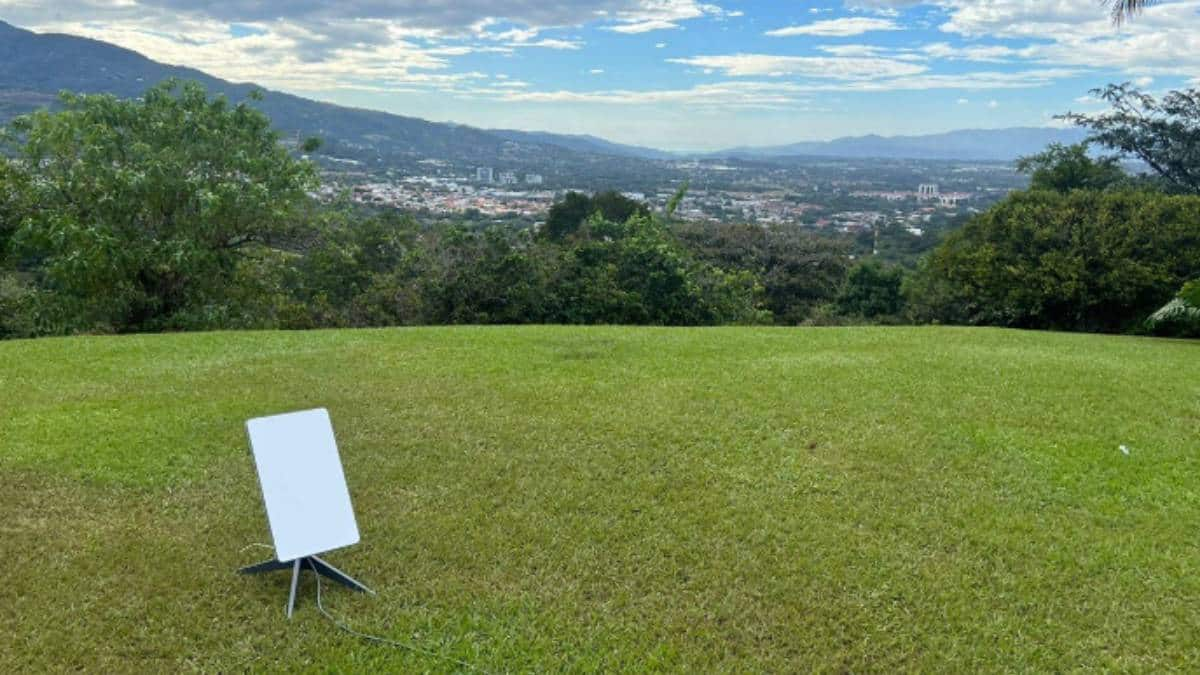How Elon Musk’s Starlink lost out on $886 mn in rural broadband subsidies in US – Explained
Elon Musk’s Starlink satellite internet project, a venture aimed at providing broadband access to underserved rural areas in the United States, has been denied an $85.5 million subsidy from the Federal Communications Commission (FCC). The funding, part of the FCC’s Rural Digital Opportunity Fund (RDOF), was intended to enhance internet accessibility in remote regions.
The FCC explained that Starlink failed to meet the necessary criteria and did not comply with fundamental program requirements, leading to the denial of the subsidy. Chairwoman Jessica Rosenworcel emphasized the FCC’s responsibility to ensure reliable and affordable high-speed broadband access for consumers and to be prudent in using public funds to expand rural broadband.
The FCC’s Rural Digital Opportunity Fund program involves a two-step process where applicants submit a short-form application, and winning bidders proceed to an in-depth, long-form application to verify compliance with program requirements in specific coverage locations. Starlink qualified at the short-form stage but was unable to demonstrate the promised service in the long-form stage, according to the FCC.
SpaceX, the company behind Starlink, expressed disappointment and perplexity at the FCC’s decision. Christopher Cardaci, head of legal at SpaceX, highlighted Starlink as possibly the only viable option for connecting Americans in rural and remote areas where high-speed, low-latency internet has been unreliable or unavailable, questioning the FCC’s decision in light of the project’s potential to fulfill the RDOF’s objectives.



